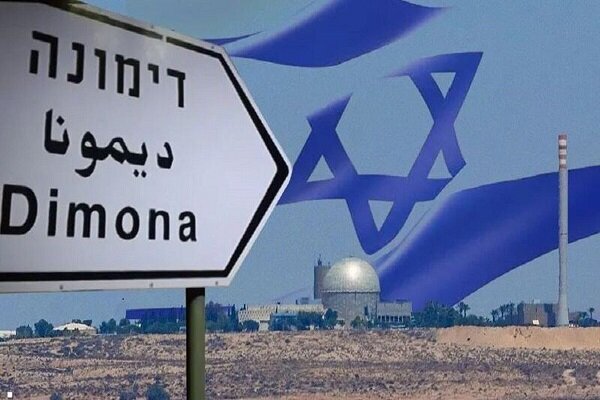
Similar Posts
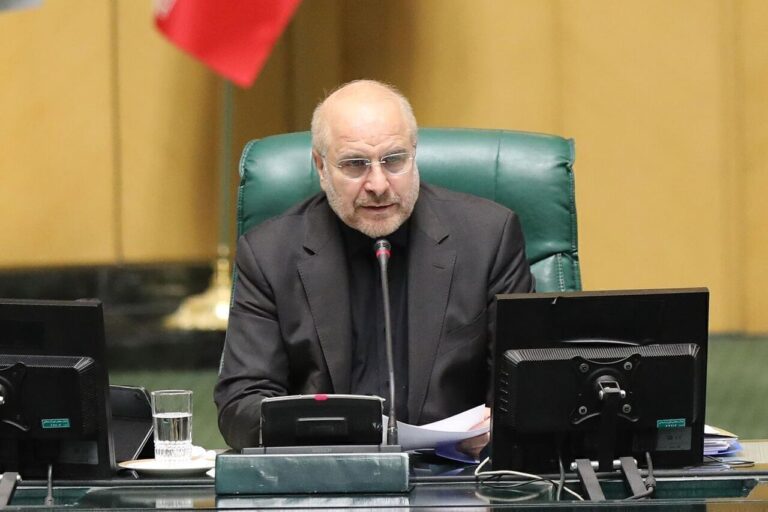
Iran’s Parliament Speaker: Hezbollah’s Power Showcase Proves Resistance is Unstoppable
Iran’s Parliament Speaker Mohammad Baqer Qalibaf praised the recent funeral of Hezbollah leaders Sayyed Hassan Nasrallah and Sayyed Hashem Safieddine, highlighting its significance in showcasing Hezbollah’s strength and unwavering support. He noted that the ceremony conveyed a global message of resistance against tyranny, illustrated public backing for Hezbollah, and affirmed that the path of resistance cannot be extinguished by violence. Qalibaf emphasized Hezbollah’s role in Lebanon’s national security and called for prioritizing national interests over foreign interference. He concluded by stressing the necessity of national consensus for Lebanon’s stability and the Islamic Republic’s support for Lebanese agreements.
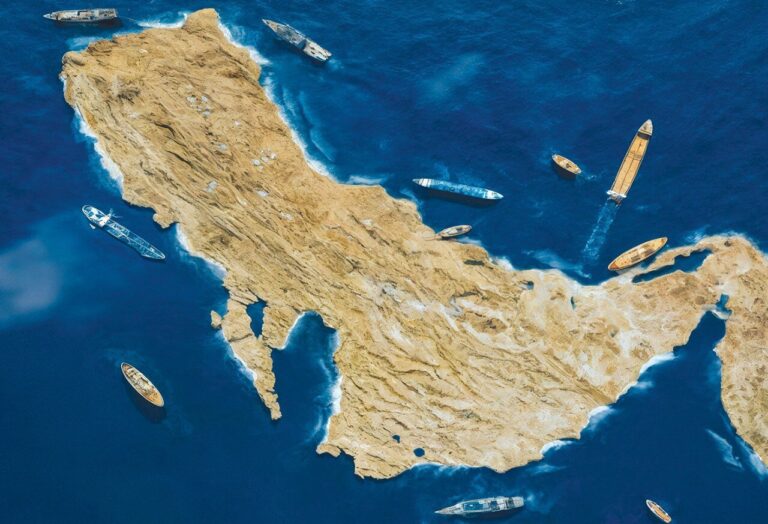
Discovering the Persian Gulf: A Deep Dive into Our Waters and Lands
The Persian Gulf, vital for global oil transport and a significant military location, has a rich historical and cultural heritage. Recent plans by U.S. President Donald Trump to designate it as the “Arabian Gulf” have sparked strong backlash, particularly in Iran. This controversy echoes Trump’s previous naming efforts, which failed to gain international support. Historically, the term “Persian Gulf” has been widely used since ancient times, while “Arabian Gulf” emerged in the late 20th century amid political tensions. Analysts suggest that the renaming push may reflect broader regional strategies. Ultimately, the name “Persian Gulf” symbolizes enduring identity and cultural pride.
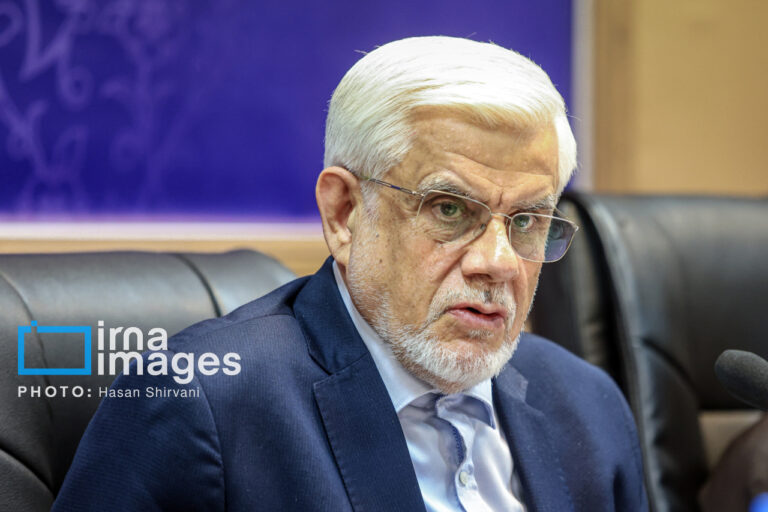
Vice President Declares: Nuclear Weapons Unnecessary for Iran’s Defense Strategy
In a recent interview, Iran’s First Vice President Mohammad-Reza Aref reiterated that the country’s nuclear program is entirely peaceful, emphasizing that nuclear weapons have no place in its defense strategy. He affirmed Iran’s commitment to peaceful nuclear activities and highlighted the importance of mutual respect in negotiations with the U.S. Aref expressed optimism regarding ongoing indirect talks, suggesting they could lead to significant developments, including sanctions relief. He stressed the Iranian government’s dedication to diplomacy and cooperation while rejecting unfair demands. The talks, facilitated by Oman, continue as the global community seeks a peaceful resolution in the region.
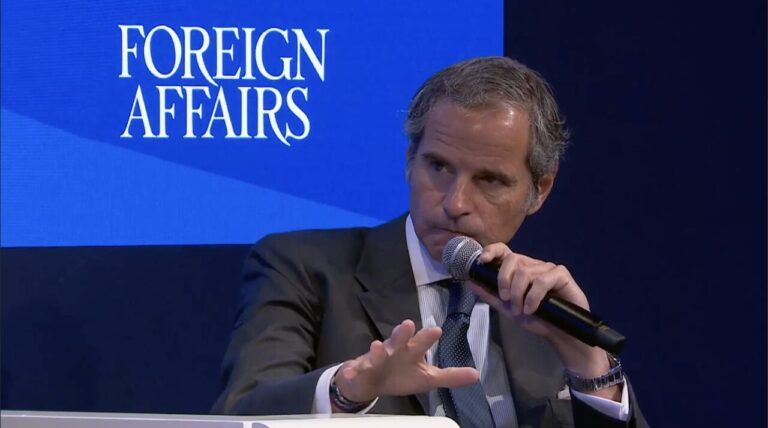
IAEA Chief: JCPOA as Launchpad for a New Negotiation Deal with Iran
Rafael Grossi, director general of the IAEA, recently discussed the Joint Comprehensive Plan of Action (JCPOA) at the World Economic Forum, emphasizing its potential as a framework for future negotiations with Iran. He noted that Iran’s uranium enrichment has significantly increased since the U.S. withdrew from the deal in 2018. While efforts to revive the JCPOA began in April 2021, Grossi indicated that the original agreement is insufficient for current challenges, necessitating a new one. He called for diplomatic engagement with the new U.S. administration, despite ongoing complexities and disagreements among key stakeholders.
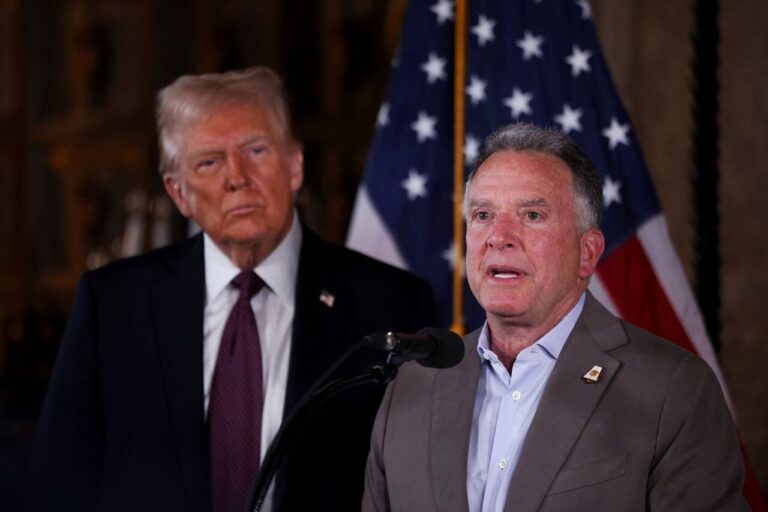
Trump Shifts Focus to Diplomatic Engagement with Iran, Reports Financial Times
In a notable shift in U.S.-Iran relations, President Trump is reportedly considering a diplomatic approach towards Iran, appointing Middle East envoy Steve Witkoff to oversee the Iran portfolio. This strategy contrasts with Trump’s previous “maximum pressure” policy following the U.S. withdrawal from the nuclear agreement in 2018. Witkoff’s experience in negotiating ceasefires may aid future talks, as Iran expresses openness to negotiations contingent on U.S. compliance with agreements. Despite some hardliners remaining in Trump’s inner circle, the appointment suggests a potential reevaluation of U.S. foreign policy regarding Iran, aiming to reduce military tensions in the region.

Tehran and Baku Urged to Remain Alert Against Disruptive Threats
President Masoud Pezeshkian has reiterated the strong bond between Iran and Azerbaijan, urging caution among political and cultural figures to avoid misunderstandings. He emphasized the need for unity and cooperation to enhance bilateral ties, advocating collaboration across sectors like academia, healthcare, and energy. Pezeshkian highlighted the strategic significance of the railway connecting the two nations, which could boost trade and cultural relations. He also affirmed Iran’s support for peaceful coexistence between Azerbaijan and Armenia and stressed the importance of territorial integrity in resolving disputes. His upcoming visit aims to strengthen these relations further for mutual prosperity.